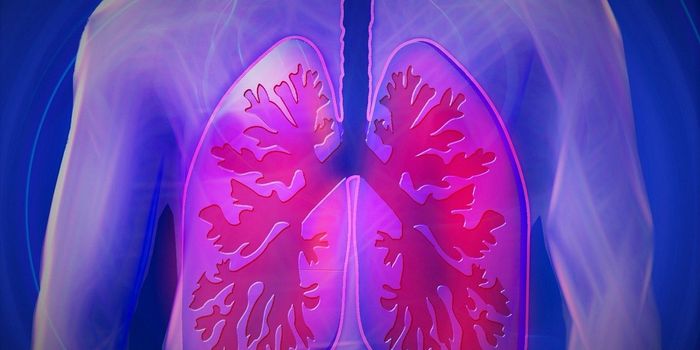Mechanism Underlying Red Meat and Colorectal Cancer Risk Revealed
Colorectal cancer (CRC) has many known risk factors, including obesity, cigarette smoking, and alcohol consumption. Diet can also impact an individual’s odds of developing CRC. Eating a lot of red meat can increase CRC risk. While the exact mechanism of how red meat promotes CRC carcinogenesis remains elusive, several potential carcinogens, including heterocyclic amines, polycyclic aromatic hydrocarbons, and alkylating agents, may play a role.
Red meat also includes a lot of dietary iron, a mineral linked to CRC. The risk of CRC increases for those who consume diets rich in iron and individuals with genetic mutations resulting in high iron accumulation.
A new study published in Cancer Discovery sheds new light on the link between red meat, iron, and colorectal cancer. The study identified an iron sensor named Pirin in samples from CRC patients. Pirin aids in oncogenesis by activating an inactive subunit in telomerase holoenzyme, an enzyme upregulated in cancer. The study also showed that iron drives the Pirin pathway.
The researchers performed genetic screens to find a target for Pirin. The study revealed a small molecule (SP2309) that binds iron. Thus, SP2309 inhibited Pirin-mediated reactivation of telomerase. This discovery was made possible through a series of experiments involving genetic screening and molecular analysis, providing a comprehensive understanding of the role of iron and Pirin in CRC.
The finding that metal ions reactivate telomerase represents the first demonstration of this molecular mechanism linking red meant and CRC. Further, identifying SP2509’s ability to bind iron, thus blocking Pirin-driven reactivation of telomerase, could have significant implications for future treatments. As no current approved treatment modalities target telomerase, the ability to augment telomerase clinically could have a considerable impact on cancer survivorship.
Experts estimate 152,810 new cases of CRC in the United States in 2024. Further CRC will account for about 8% of cancer-related deaths in males and 9% of cancer-related deaths in females. These statistics, in combination with recent reports of the increased incidence of early-onset CRC in those under 50, highlight the urgent need for novel interventions in the field of cancer research.
Sources: Br J Cancer, Infect Agents Cancer, Cancer Epidemiol Biomarkers Prev, J Nat Cancer Inst, Cancer Discov, Nature, CA Cancer J Clin, Nat Rev Clinc Oncol









